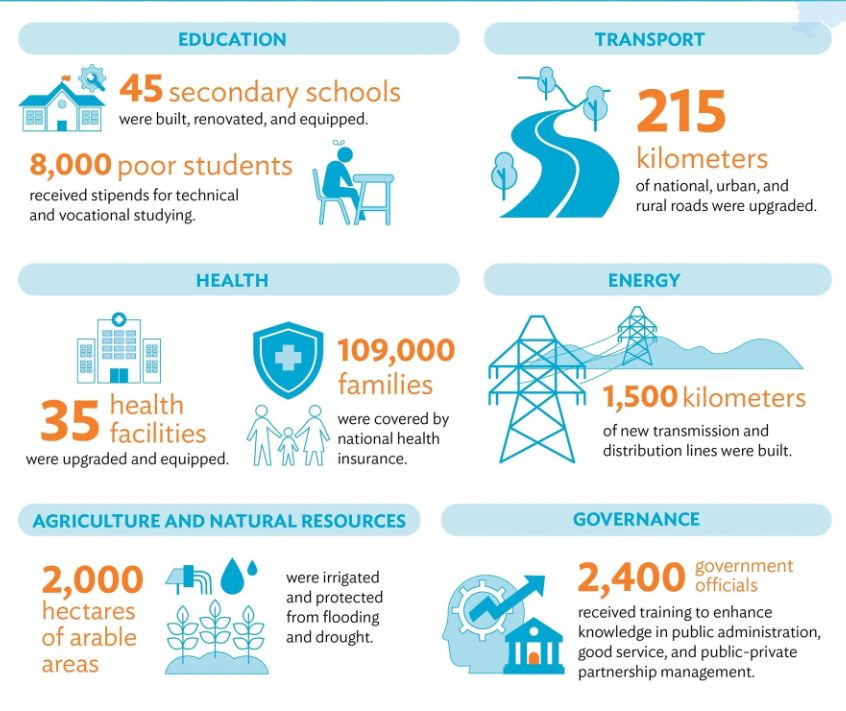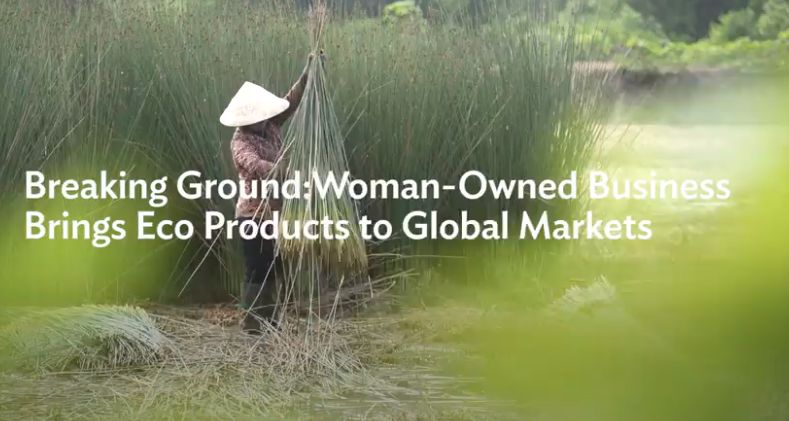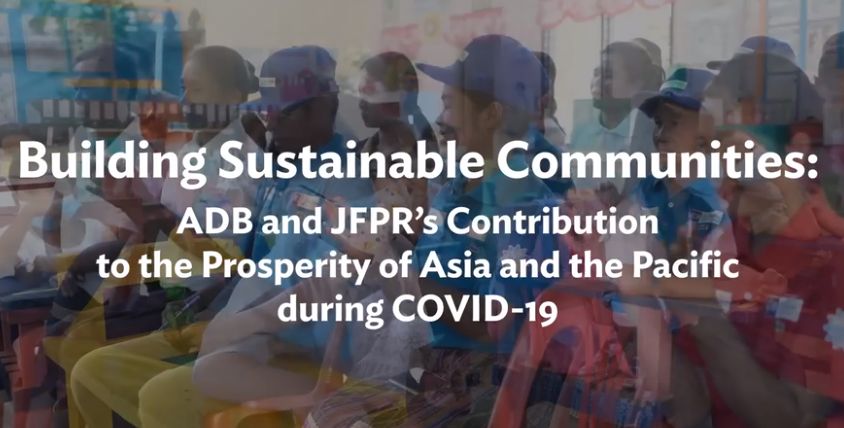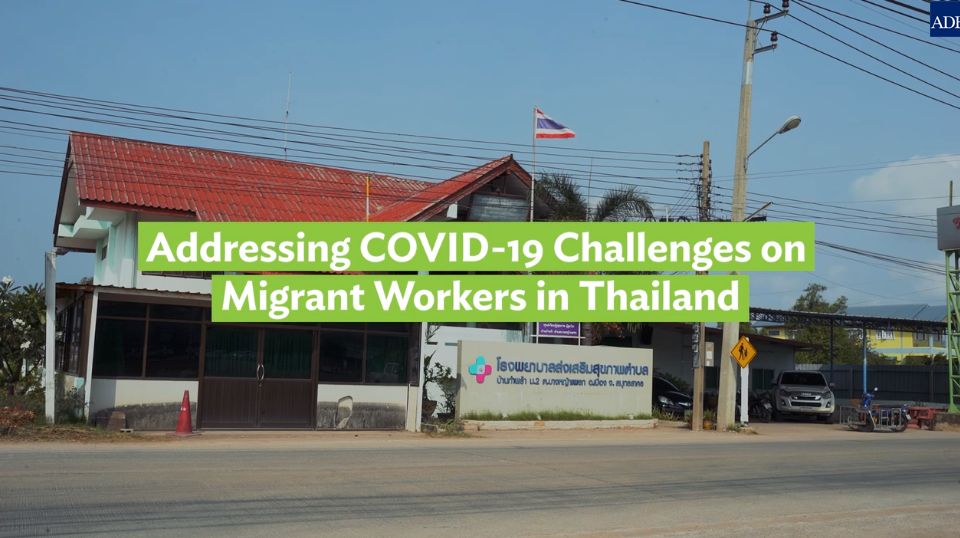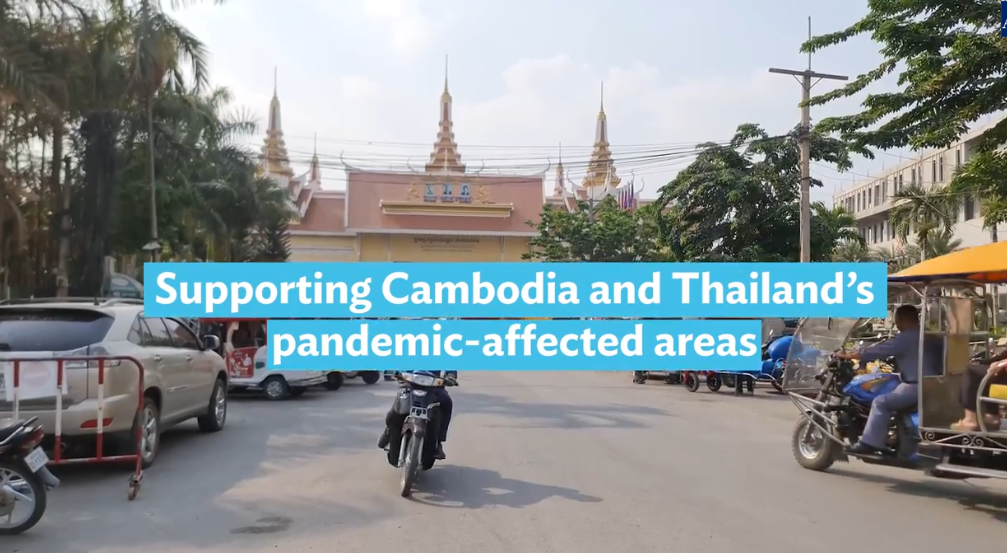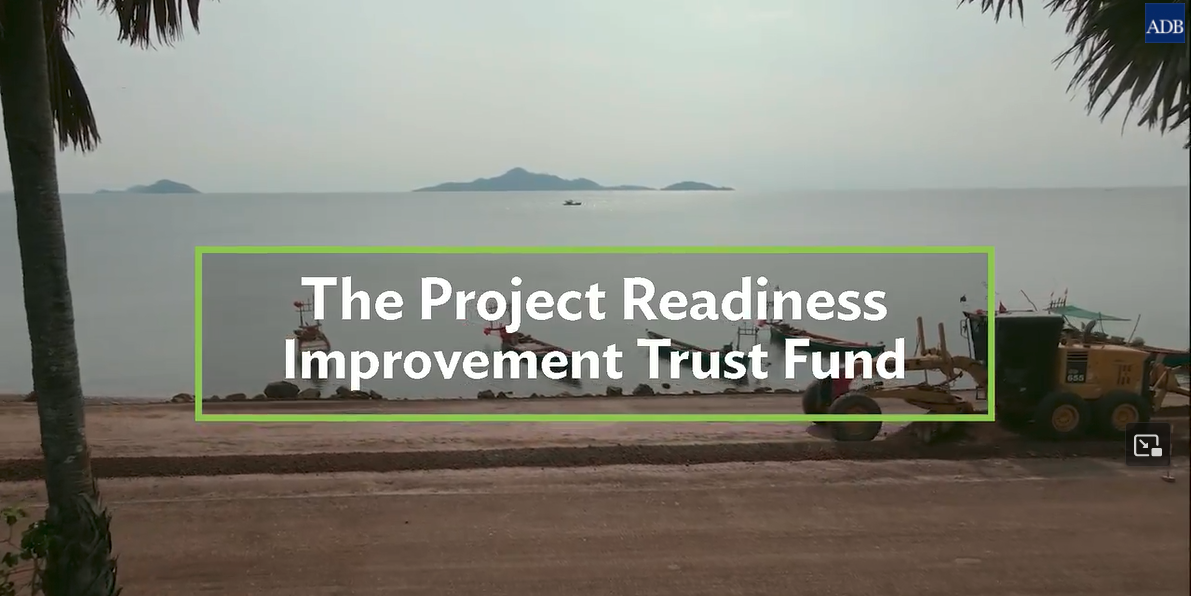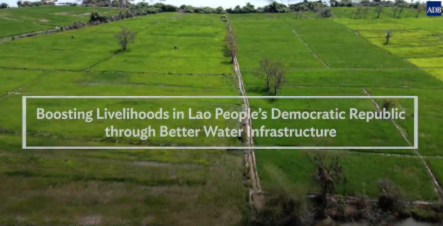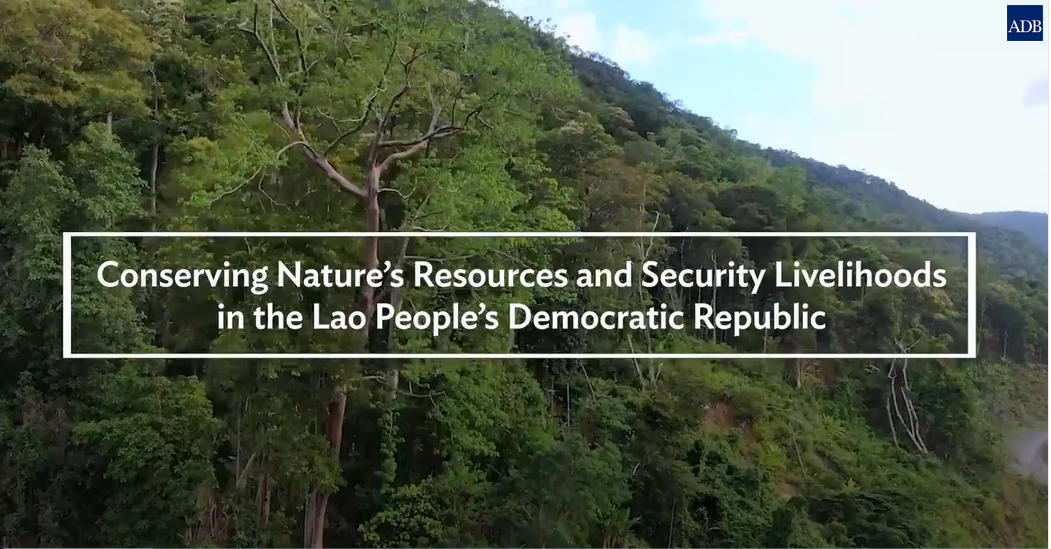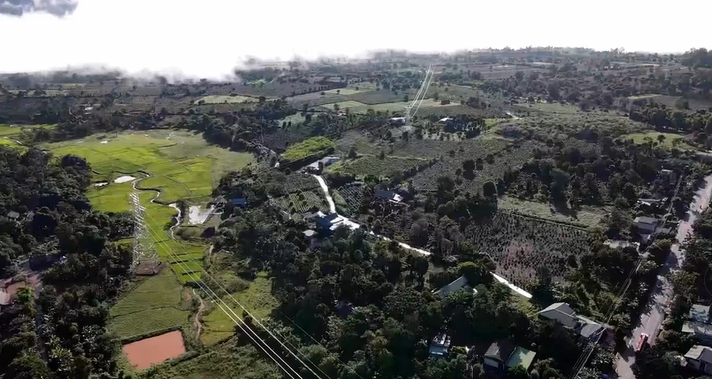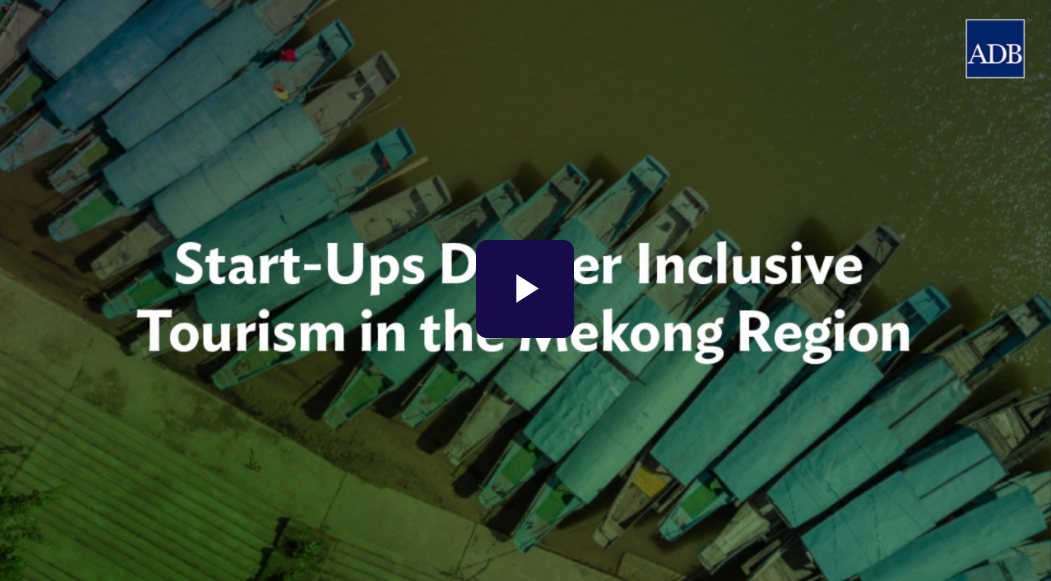Results of ADB-supported projects and programs in Lao People's Democratic Republic, 2017-2023
During the period 2017–2020, extended to 2023, ADB operations in the Lao People’s Democratic Republic (Lao PDR) focused on (i) improving physical connectivity to catalyze private sector investment in the economy to generate employment and income, (ii) developing skills that support growth in the non-resource sectors and improving access to health services to enhance labor productivity, and (iii) ensuring sustainable natural resource management and climate resilience. Gender equity and governance were crosscutting themes.

